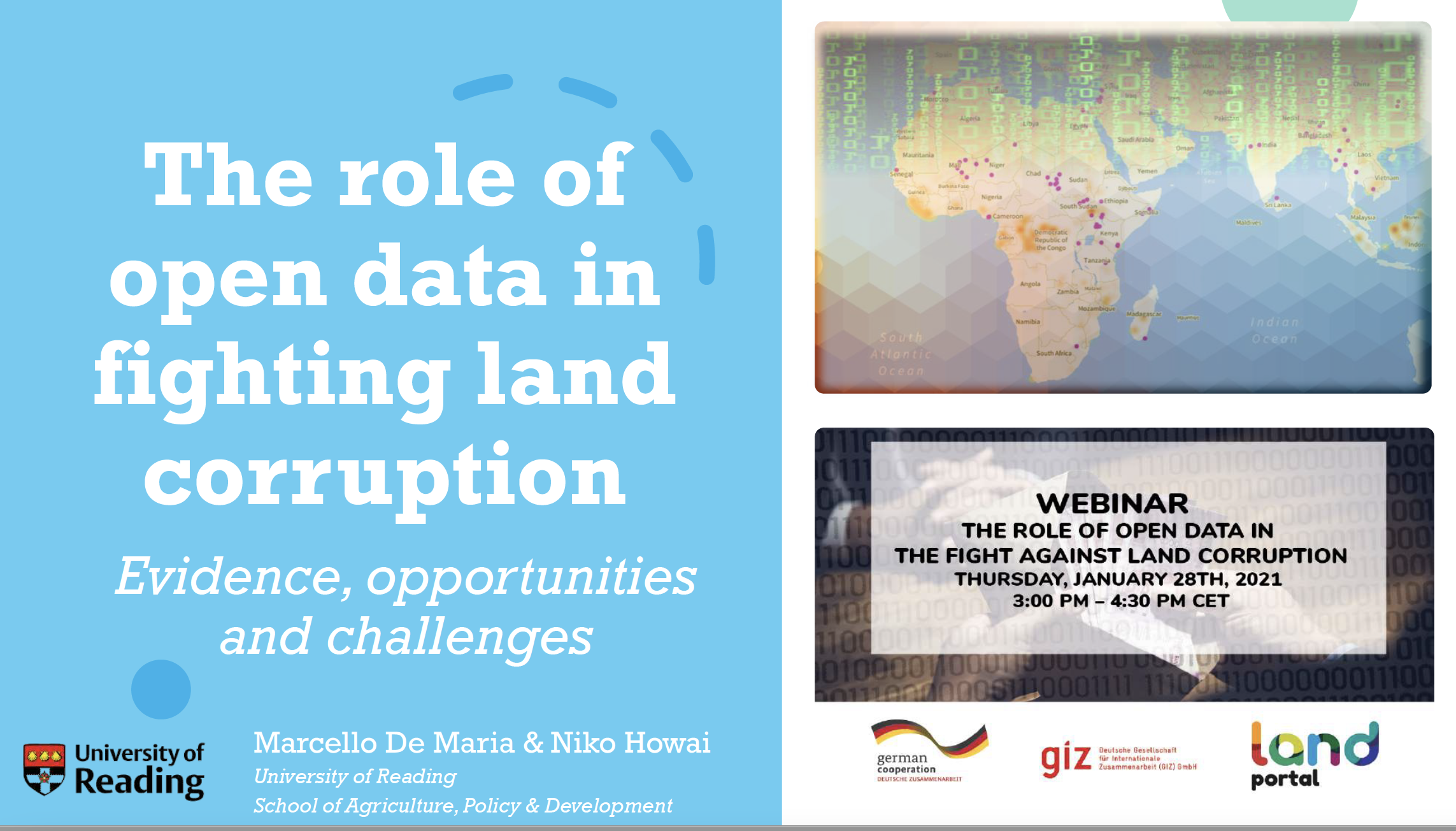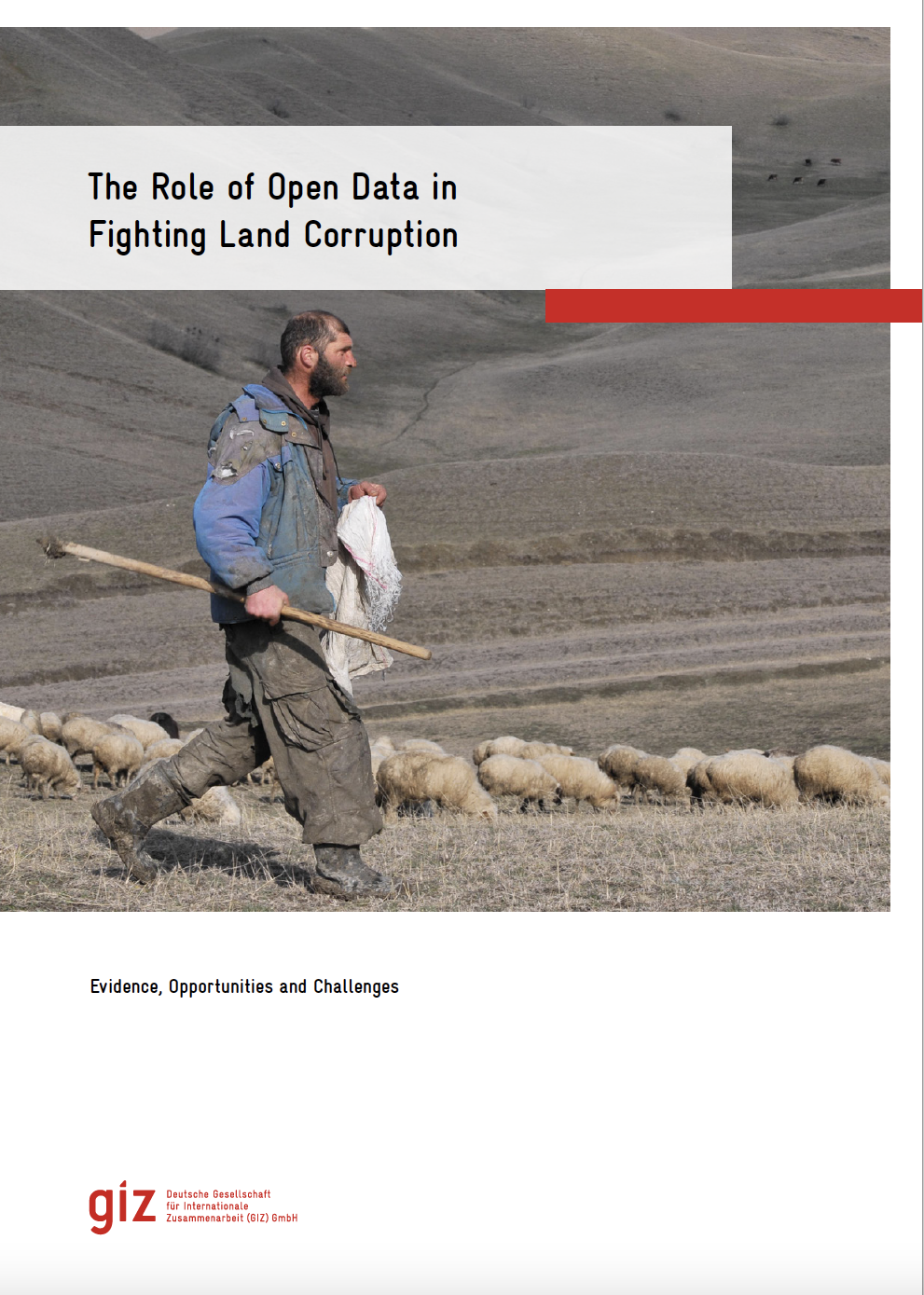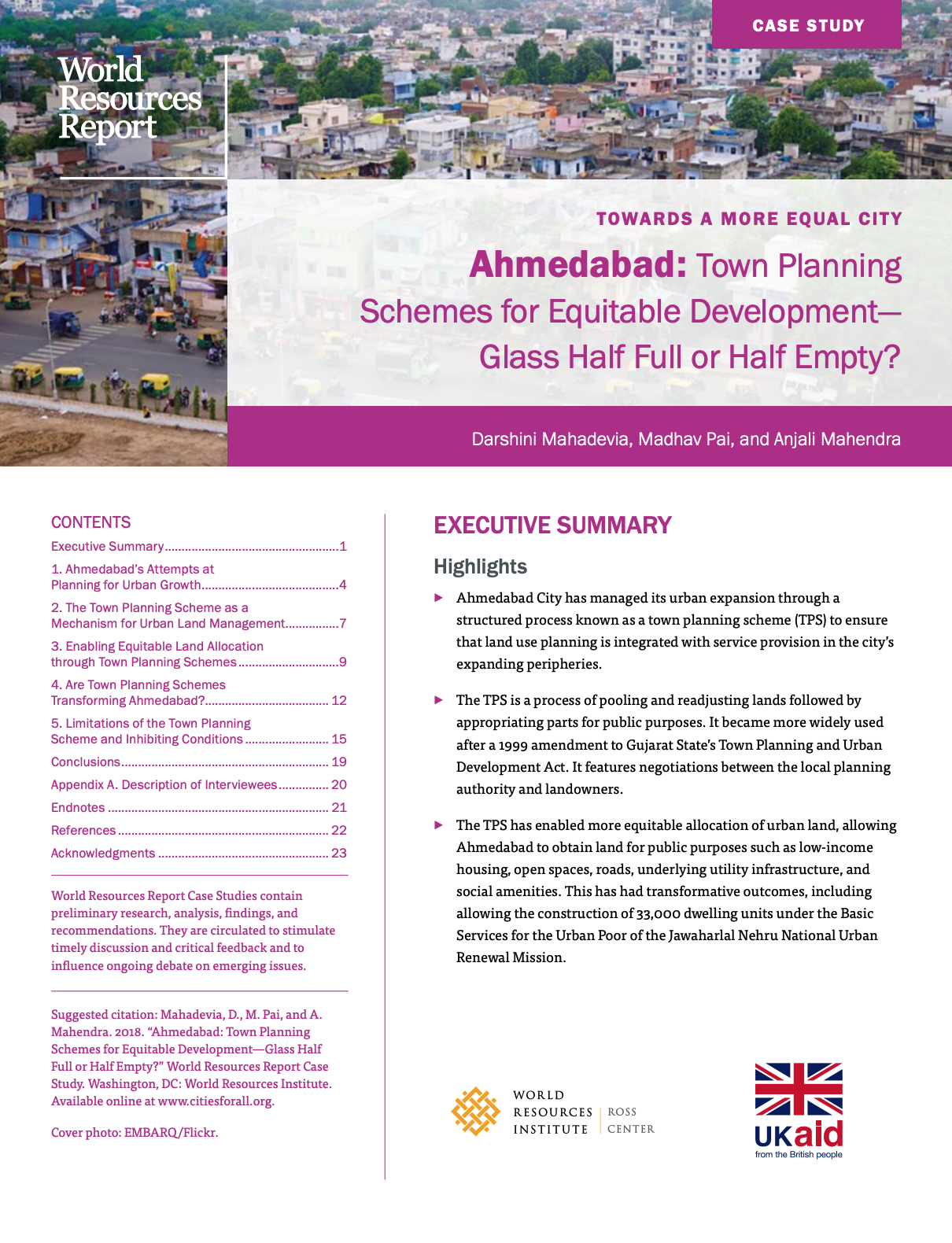Land tenure in Africa: Lessons learnt and the road ahead (podcast)
Security of land tenure and property rights has received much attention in recent years. While appetite for land reform initiatives is not new, investment is increasing steadily, as evidence emerges that secure tenure is key to achieving economic growth, food security and other development goals.
From the mid-1980s, growing populations have put pressure on land and other natural resources, which has resulted in increased poverty levels, land conflicts and concerns for global food security.







